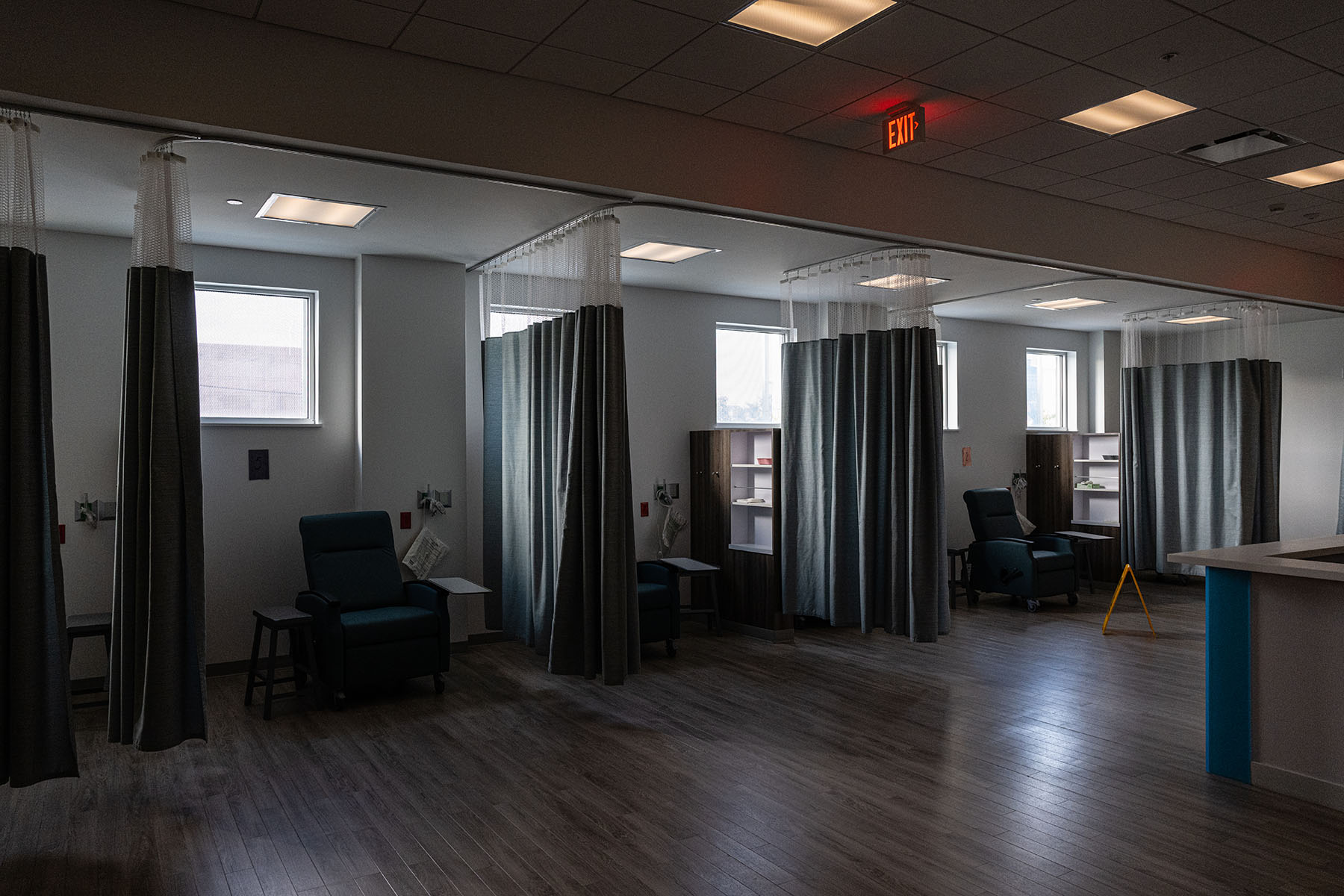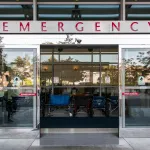In the two years since Roe v. Wade was overturned in June 2022, the number of patients forced to seek out-of-state abortion services has doubled. Fourteen states have total abortion bans, three more restrict abortions after six weeks — before most people know they are pregnant — and two others limit them after the first trimester.
One population often overlooked in reproductive rights conversations are people under community supervision, also known as probation and parole, which often prohibits travel across state lines without government approval. A new briefing by the public policy think tank Prison Policy Initiative puts these challenges into context for a country without Roe.
About 800,000 U.S. women are under probation or parole, according to PPI’s analysis. Probation happens when a convicted person serves their time outside of a jail or prison but is still under legal surveillance and restrictions. Parole is a similar concept, but is given to a person who has served time in prison and is released early under the condition that they follow a strict set of rules.
These conditions can include hefty fees, curfews, job requirements, travel restrictions and meetings with a probation or parole officer. Every state and Washington, D.C. restricts the movement of people under community supervision. Violating these restrictions can lead to prison time.
Fifty-three percent of women on probation and parole live in the 21 states that have abortion restrictions set earlier than the point of fetal viability, which is usually around 22 to 25 weeks. As a result, only 1 in 6 women on probation or parole can access abortion services at any stage of their pregnancy without needing permission to cross state lines, according to the PPI briefing.
“It’s exponentially more difficult, I would say, for people on community supervision because they have to literally go and ask permission from their probation parole officers, or from the court, to cross state lines,” said Wendy Sawyer, research director at the Prison Policy Initiative. “You have to give really detailed information about what your travel plan is, so that means that you’re leaving their ability to access abortion care to people who shouldn’t have any say in the decision.”
The PPI briefing does not go into detail on trans or nonbinary people who may become pregnant. Sources of data like the U.S. Bureau of Justice Statistics often do not specifically mention LGBTQ+ people.
Three states with some of the toughest abortion bans in the country have a large share of women under community supervision. Together Texas, Florida and Georgia hold 227,801 women on probation or parole, or nearly thirty percent of the women under community supervision nationwide, according to PPI’s breakdown.
Texas first outlawed abortions after six weeks of pregnancy with S.B. 8 in 2021. The next year after Roe was overturned, the state banned the procedure almost completely except to save the life of a pregnant person. Last year the Georgia Supreme Court upheld a six-week abortion ban, and Florida’s six-week ban took effect in May. Southern states represent a majority of those with either total abortion bans or six-week bans, leaving people in the south with few options for care.
“It is devastating. It is no surprise at all to me that the same states that have consistently restricted health care for people are the same states that make up the largest number of community surveillance of women in their state. That is not a coincidence,” said Kylee Sunderlin, the legal services director for If/When/How: Lawyering for Reproductive Justice, a reproductive health legal advice and aid organization that operates the Repro Legal Helpline.
Sunderlin oversees the helpline and has taken calls from people on parole or probation.
“Every day when I’m on the helpline, my primary goal for people is, ‘How can I help reduce harm?’ ‘How can I share information so that you can feel best equipped to make the decision that is right for you and your family?’” Sunderlin said. “I feel inept in these particular scenarios, because there is no harm reduction, there is no risk mitigation. I feel completely helpless.”
Access to abortion medication is also inconsistent. Last week, the Supreme Court unanimously dismissed a case that would have limited access to the abortion pill. Some health care providers mail pills to people in states with bans, but this is not widely available to everyone who might want it.
The demographics of women disproportionately affected by abortion restrictions around the country — low income women and women of color, particularly Black women — are also those more affected by incarceration and criminalization. Another PPI report based on 2019 data found that 70 percent of women on probation and 65 percent of women on parole make incomes below $20,000 annually.
For those in states with near-total bans, there is little they can do to officially request travel for an abortion. In Texas, for example, a number of cities and counties have passed bans to restrict people from traveling outside the state for the procedure. Even in states that allow abortions up to a certain point, pregnant people under community supervision come up against delays for travel approval.
Depending on their location, people on parole or probation have to submit a travel request from 10 days to four weeks in advance of travel. One travel request form in Nebraska, which has a 12-week ban, asks the departure and return date, method of travel, purpose of the trip and the address of their accommodations. Additionally, dozens of states that allow abortion have mandatory waiting periods and require counseling before receiving one. This means that pregnant people either have to stay overnight in the area where their abortion will be performed, or return a second time or third time.
These restrictions can put people on probation or parole in tricky situations: Their travel requests could be denied, or they could risk violating the parameters of their travel approval.
“Black bodies are definitely being surveilled, and they’re under attack, and it is the history and foundation which this country is built on,” said Kamyon Conner, executive director of Texas Equal Access Fund. “At TEA Fund, we say abortion bans are racist for a reason, because they know which communities and people they are targeting, and it’s purposeful. It’s another way to control what we do with our bodies, where we move with our bodies, how they can keep track of our bodies.”







